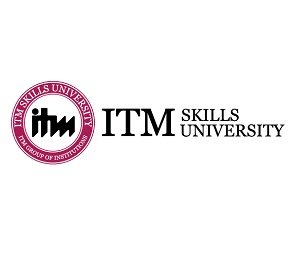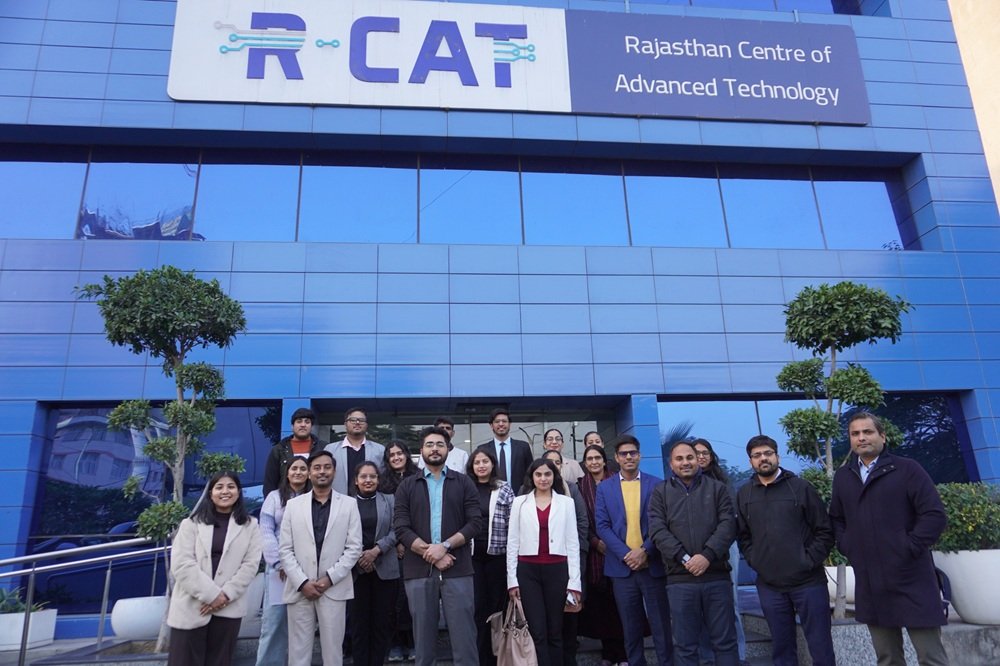The 7th International Conference on Sustainability Education (ICSE) concluded at the India Habitat Centre, New Delhi, after two days of engaging sessions and dialogues that addressed one of the most pressing challenges of our times—bridging the skills gap for the green economy. With the theme “Sustainability Education for Green Jobs,” ICSE 2025 became one of the first global platforms to bring together educators, policymakers, industry leaders, and youth on a single stage to reimagine education as the driver of a sustainable, resilient, and inclusive future.
Building on the momentum of previous editions, ICSE 2025 focused on aligning education with the needs of green jobs in sectors such as renewable energy, sustainable agriculture, circular economy, eco-tourism, and biodiversity conservation. Plenary sessions and workshops examined how STEM education, vocational training, entrepreneurship, and lifelong learning could be reoriented to meet the demands of sustainability-driven job markets. The conference also deliberated upon the emerging sector of blue economy connecting it with blue education and blue jobs related skills and knowledge needed for the sustainable use of ocean resources.
The conference also highlighted the alignment of its agenda with India’s National Education Policy (NEP) 2020, Sustainable Development Goal 4 (quality education), and SDG 8 (decent work and economic growth). Discussions emphasized equity and inclusion, ensuring that marginalized communities also benefit from green job opportunities, thus fostering a just transition.
The guest of honour Dr. Benno Boer, Chief, UNESCO South-Asia, emphasising the role of collective efforts in achieving sustainability said, “It’s crucial to foster strong collaboration between governments and the private sector to design and scale programs that unlock new employment pathways. Green jobs pave the way for a more just and resilient world.”
Sharing his pertinent insights, the guest of honour Mr. Pradip Kumar Das, Chairman & Managing Director, IREDA Limited said, “India’s path to net zero by 2070 requires disciplined decarbonisation, limited fossil fuel use, and stronger focus on green education. Empowering farmers in our agrarian economy and scaling green energy for both consumption and manufacturing are critical. Widespread education can reshape awareness, moving beyond the misconception that renewables only mean solar, and fostering collective responsibility for sustainable growth.”
The conference also saw participation from sustainability influencers Anuj Ramatri and Aalekh Kapoor, who engaged young audiences with lightning talks that highlighted grassroots innovations and youth-led solutions for climate action.
Highlighting the government’s focus on green skills, Mr. Amit Verma, Director, Green Transition, Environment and Climate Change, NITI Aayog, remarked:
“Our priority was to build a workforce ready for the demands of the green economy. Addressing the skills gap through education and vocational training served as the bridge between innovation and implementation.”
From the academic sector, Prof. Prithvi Yadav, President & Vice Chancellor, Shri Padampat Singhania University, reflected on the role of higher education:
“Green jobs required not only technical knowledge but also a mindset of stewardship. Universities had to nurture graduates who were both employable and responsible global citizens.”
Adding an educator’s perspective, Mr. Kartikeya Sarabhai, Founder Director, Centre for Environment Education (CEE), stated:
“Classrooms needed to be transformed into laboratories for sustainability. Experiential learning and problem-solving prepared young people to take on meaningful green careers.”
Summing up the vision of ICSE, Dr. Ram Boojh, Advisor, Mobius Foundation and ICSE Convener, noted:
“For seven years, ICSE served as a platform for dialogue and action. This year’s focus on green jobs underscored the urgency of closing the skills gap and linking education to livelihood opportunities that restored ecosystems and empowered communities.”
The conference concluded with the adoption of recommendations to strengthen sustainability education, integrate green skills into national curricula, foster innovation and entrepreneurship, and build multi-stakeholder partnerships. In their closing remarks, and Mr. Pradip Burman, Chairman, Mobius Foundation and Mr. Praveen Garg, President, Mobius Foundation, reiterated the Foundation’s commitment to making sustainability education a cornerstone of India’s development journey. They emphasized that education systems must evolve rapidly to equip future generations with the skills, knowledge, and values needed to create a green, inclusive, and resilient economy. By convening educators, policymakers, the private sector, and youth, ICSE 2025 reaffirmed its role as a global movement that advances sustainability education and prepares a skilled workforce for the green economy.



